India's G20 presidency: Can China and India cooperate to create an 'Asian moment'?
China's aspirational "Asian moment" in global governance will come true if a China-India geoeconomic concert drives India's presidency of the G20 in 2023. For this to happen, the two Asian neighbours must rise above the geopolitics of their ongoing military hostility and work together to advance global economic recovery.
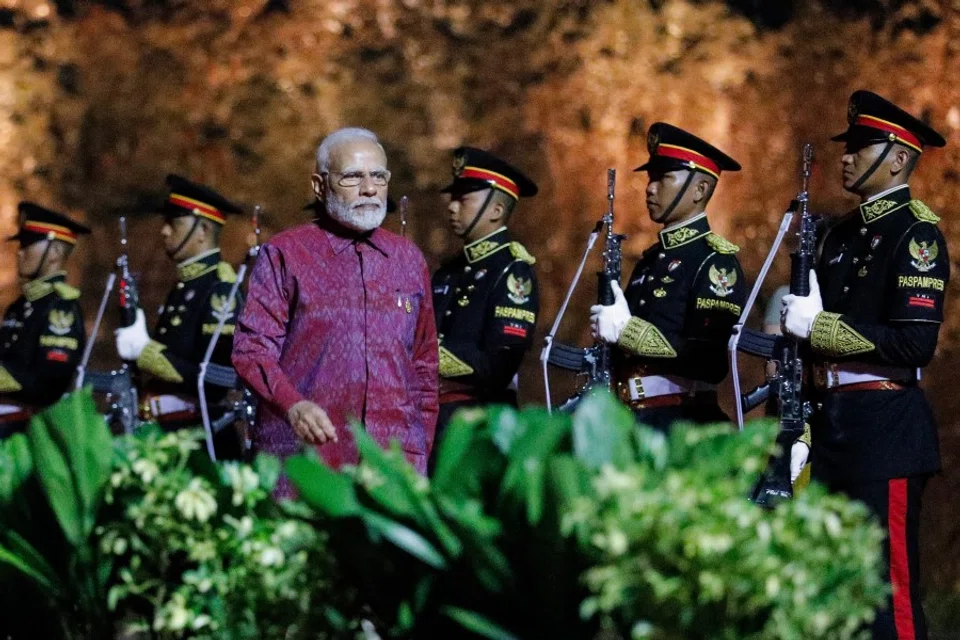
During his visit to Delhi in March 2022, Chinese Foreign Minister Wang Yi spoke of a prospective "Asian moment" in global governance. Rhetorical or real, he spelt out this goal because India would helm the Group of Twenty (G20) and the Shanghai Cooperation Organisation (SCO) in 2023.
Wang also emphasised that China, the BRICS summit host in June 2022, would never seek a sino-centric "unipolar Asia". The BRICS forum comprises Brazil, Russia, India, China and South Africa. India, a fellow Asian country within BRICS, remains sceptical of China's pledge.
Beginning with the 2022 BRICS summit, China's Asian moment also included the summits of G20 and the Asia-Pacific Economic Cooperation (APEC), hosted respectively by Indonesia and Thailand in November 2022. China is expecting India to sustain this momentum in 2023.
Series of military face-offs
As Delhi began celebrating its year-long G20 presidency also as its domestic political gain, a lurking reality on the Sino-Indian military front became a "live" issue again. On 9 December 2022, Chinese and Indian troops scuffled along the contested Line of Actual Control (de facto boundary) in the Tawang (Dongzhang) section of the eastern frontier.
Chinese President Xi Jinping and Indian Prime Minister Narendra Modi have not held a bilateral meeting since late 2019.
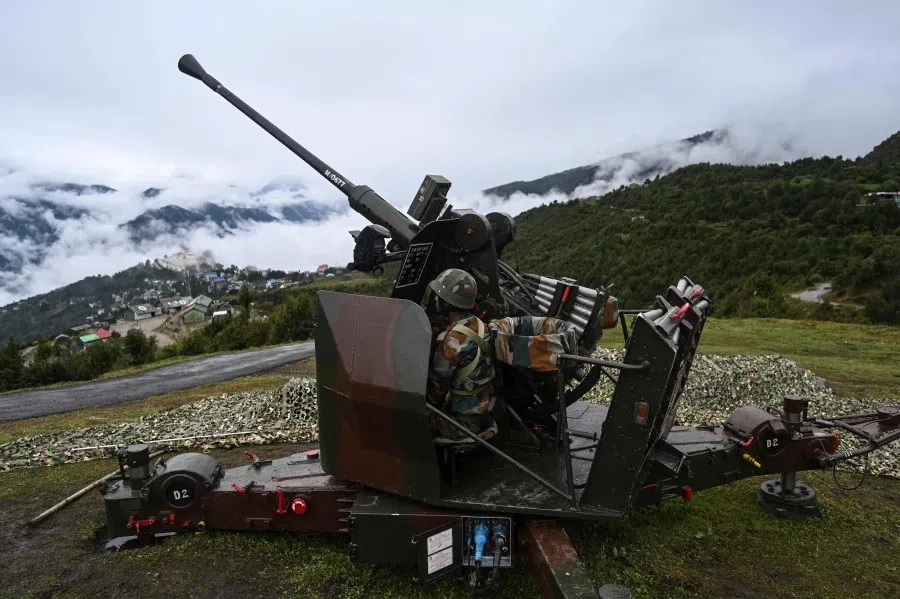
The Tawang clash revived speculation that the Chinese People's Liberation Army (PLA) may be acting of its own free will against India. However, Ashok Kantha, former Indian ambassador to China, told this author: "There is no fool-proof evidence to suggest that the PLA is an autonomous player prone to rogue actions." As if confirming this view, the Chinese foreign ministry later said that "the China-India border areas are generally stable" due mainly to "smooth [civil-military] communication" between the two sides.
A series of military face-offs had also occurred on the western frontier between the two nations since June 2020, when both sides suffered fatalities for the first time in several decades of confrontation. However, in September 2022, China again said that a situation "conducive to peace" had been achieved. India remains concerned, though, about the continuing military standoff at Depsang Plains on the western frontier. Depsang is a strategic site that could potentially allow the PLA to link with a Pakistan-controlled but India-claimed area. And underlying this issue, are the endemic Pakistan-India animosities and China's "rock-solid friendship" with the Pakistani Army.
Chill at the Sino-Indian helm
Besides the China-India military hostility, a noticeable chill has gradually set in at their summit-level politics and diplomacy. Chinese President Xi Jinping and Indian Prime Minister Narendra Modi have not held a bilateral meeting since late 2019.
Many see Beijing knocking at the doors of the developed bloc. India trails by a considerable distance.
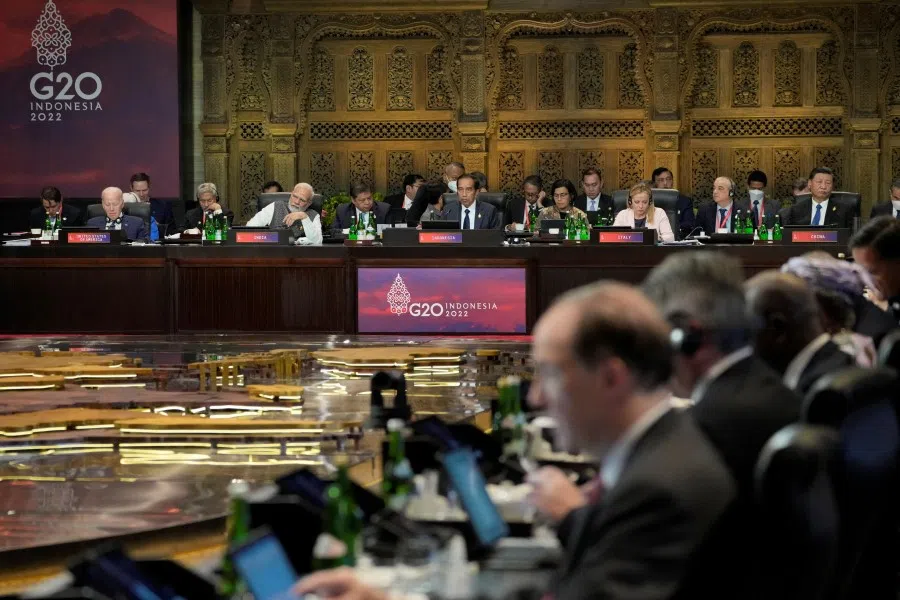
Despite participating in the in-person SCO summit at Samarkand (Uzbekistan) in September 2022, Xi and Modi did not hold one-to-one talks. During the G20 and APEC summits in November, the Chinese President held separate talks with each Quad leader except Modi. Described by China as the "Indo-Pacific NATO", the Quad comprises the US, Japan, India and Australia. At a G20 dinner in Bali (Indonesia) on 15 November, Modi and Xi merely "exchanged courtesies". There is more to this than meets the eye.
Differences in worldviews and strengths
Subtle differences mark Beijing's and Delhi's worldviews of an Asian moment in global governance in the economic and geopolitical realms. Many see Beijing knocking at the doors of the developed bloc. India trails by a considerable distance.
China, the second largest economy with an annual GDP of over US$15 trillion, accounts for 18.5% of the global output. In contrast, India is the third largest national economy in Asia with an aspirational goal of an annual GDP of US$5 trillion in a few years' time.
Nonetheless, Xi's promotion of a "shared future" for all resonates with India's vision of "one earth" for everyone with "one future". Xi has invited other countries to participate in his Belt and Road Initiative, Global Development Initiative and Global Security Initiative. Modi promotes the International Solar Alliance in association with France, the Disaster Resilient Infrastructure Initiative and a vision of regional maritime security and growth.
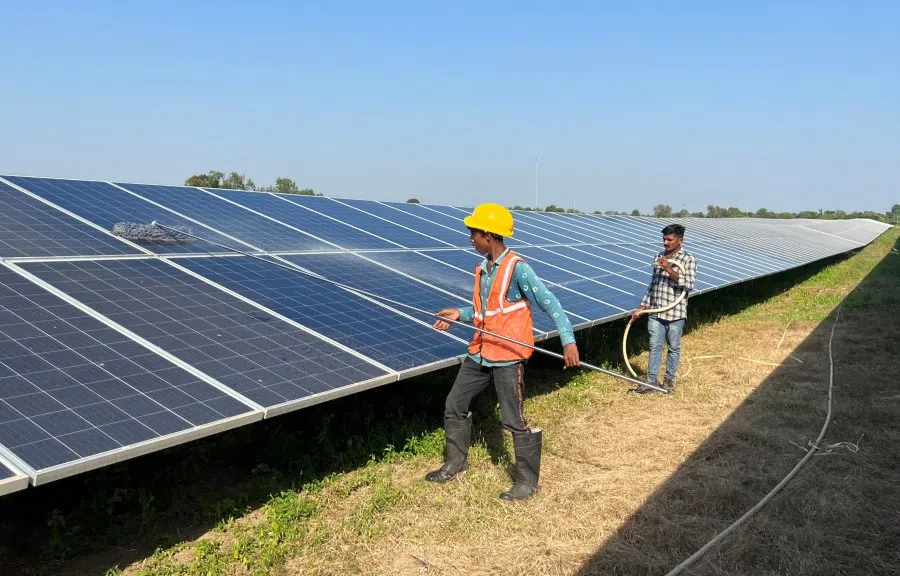
These initiatives do not cancel each other out, but Beijing and Delhi have parted ways on climate issues and world trade that still depends on the China-centric supply chains. Beijing wants to ensure that even as Delhi pursues strategic autonomy, its actions on multilateral issues do not take the wind out of China's sails.
... differences persist on the core issue of United Nations reforms, with China insisting on universal consensus on global issues.
Soft and harsh tunes
China pursued a soft line to placate India in this regard on the margins of the G20 foreign ministers' conclave in Bali in July 2022. Wang Yi told Indian External Affairs Minister S Jaishankar that China and India "share many common propositions without prior consultations". Matters like peace and security, global economic recovery, global governance and fighting the pandemic were identified.
India and China do agree on some generic goals, including advocating a fair deal for the developing bloc, supporting the universal goal for total elimination of nuclear weapons, and having no weapons in outer space. However, differences persist on the core issue of United Nations reforms, with China insisting on universal consensus on global issues.
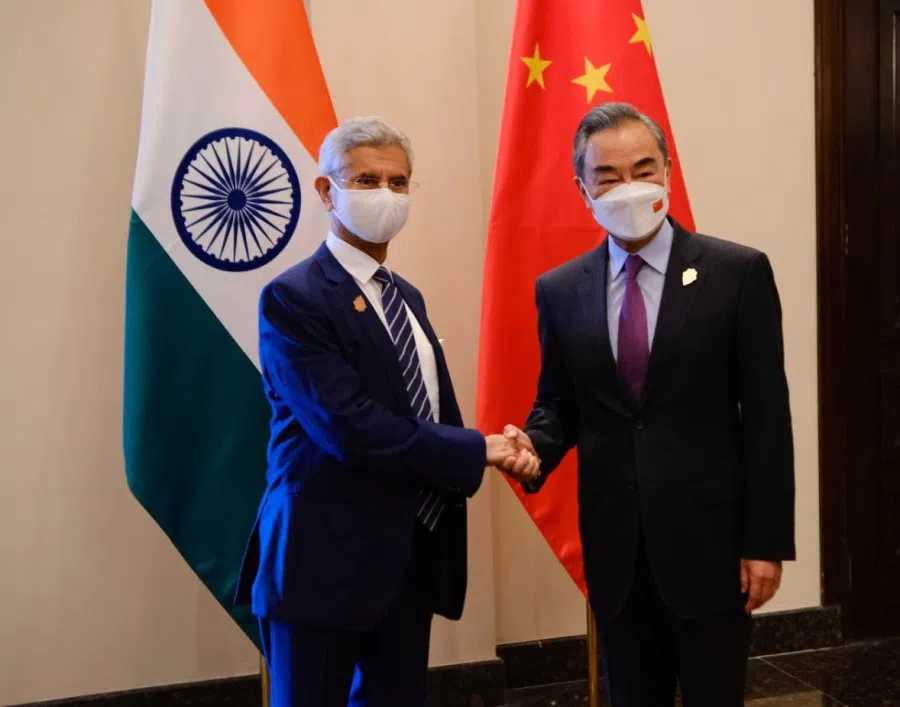
Jaishankar sees this as China's tactic to scuttle global reforms by encouraging countries to exercise an undeclared vetoing right. Chairing the UN Security Council debate on India's initiative of "New Orientation for Reformed Multilateralism" on 15 December 2022, he criticised China for "putting the cart before the horse". He applied the harsh metaphor to China's mantra of universal consensus for reforms in a divided world. Reforms are a key Indian concern at the G20 too.
But some reckon that Delhi may be losing time to use strategic autonomy as a springboard to swing towards the winning side in today's US-China battle over global issues.
Many challenges and some hope
Will India and China partner each other at the G20?
At least four reasons explain the recent Sino-Indian chill at the summit level. The lurking deficit of trust since the 1962 Sino-Indian border conflict has been compounded by their recent military hostility since mid-2020. Furthermore, India's continuing patronage of Tibet's 14th Dalai Lama, persona non grata in China, is compounded by Delhi's recent reticence to support Beijing's Taiwan policy.
There is also a considered view in the international arena that the pursuit of strategic autonomy may only reduce India's voice and influence. This proposition is not readily conceded by India's mandarins. But some reckon that Delhi may be losing time to use strategic autonomy as a springboard to swing towards the winning side in today's US-China battle over global issues. The jury is still out.
Beyond these challenges, India and China can still seek to revive their cooperative spirit of the early 1950s. The Sino-Indian Five Principles of Peaceful Coexistence were valid in the polarised world of the Cold War, but such a view is out of vogue in India now.
Under Xi and Modi, China and India came together in 2014 to launch the Asian Infrastructure Investment Bank and the New Development Bank. Since then, Sino-Indian geopolitics has eroded this geoeconomic spirit. However, as India chairs the G20 in 2023 and China wants to remain at the centre-stage, the two neighbours could explore opportunities for cooperation. It is too early to bet!
Related: Quad now centrepiece in India's China strategy | Why India's influence over South Asia will continue to weaken | Hostile ties with China make it impossible for India to return to RCEP | China-India border clash: Will India's misperceptions of China's strength lead to war? | India warms up to the US amid 'new cold' in India-China relations
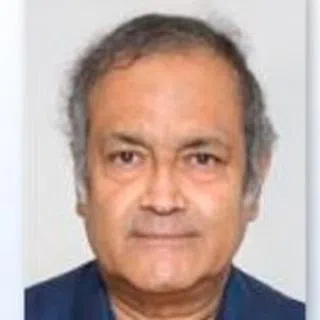
![[Big read] Paying for pleasure: Chinese women indulge in handsome male hosts](https://cassette.sphdigital.com.sg/image/thinkchina/c2cf352c4d2ed7e9531e3525a2bd965a52dc4e85ccc026bc16515baab02389ab)
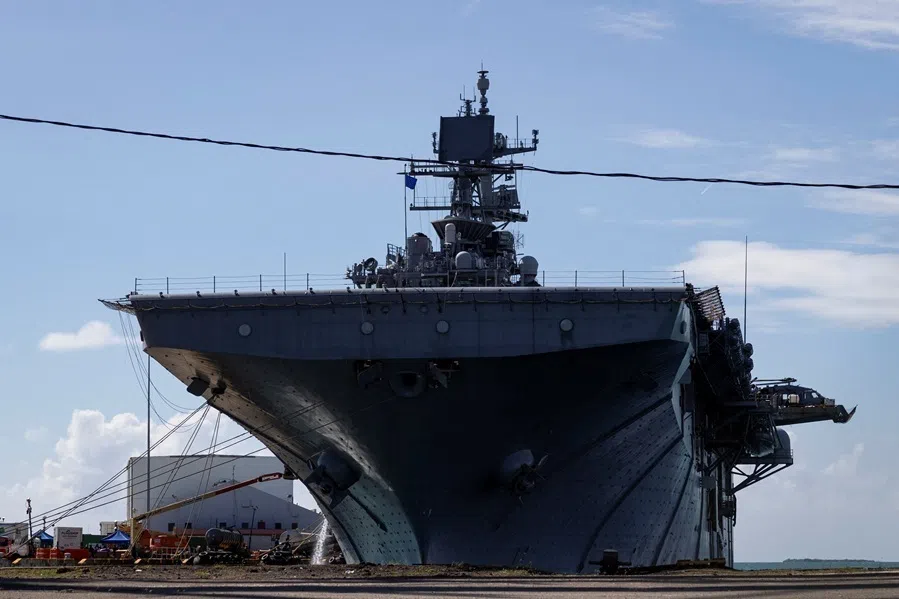
![[Big read] How UOB’s Wee Ee Cheong masters the long game](https://cassette.sphdigital.com.sg/image/thinkchina/1da0b19a41e4358790304b9f3e83f9596de84096a490ca05b36f58134ae9e8f1)

